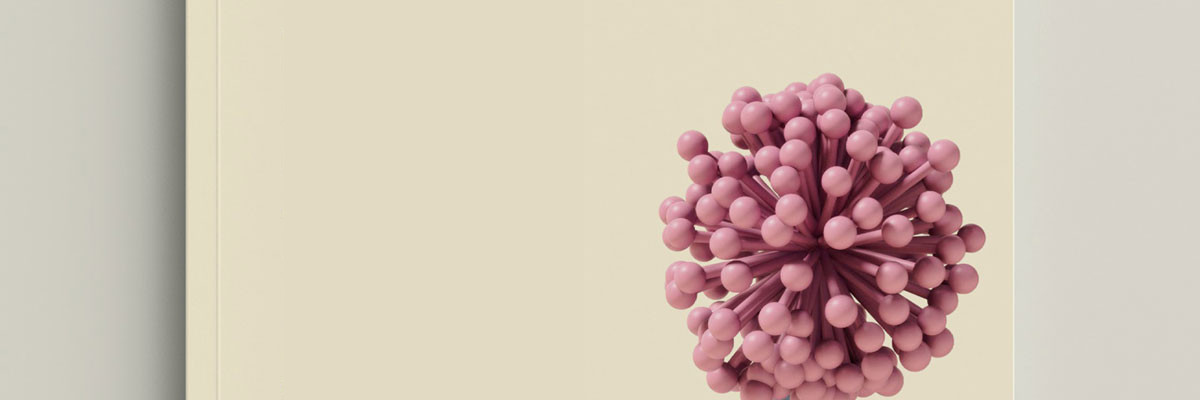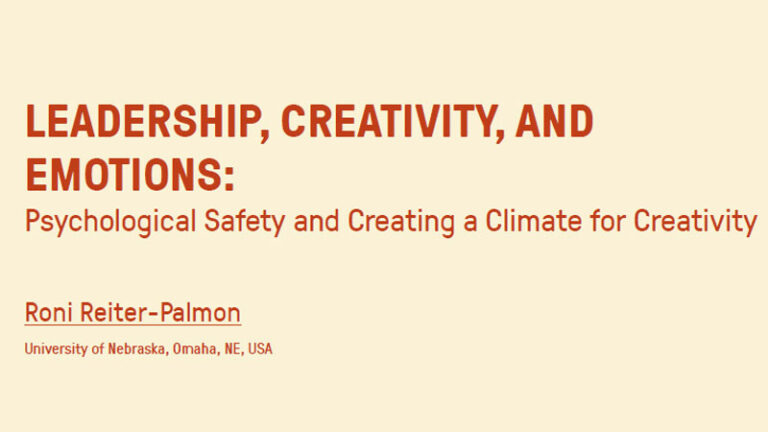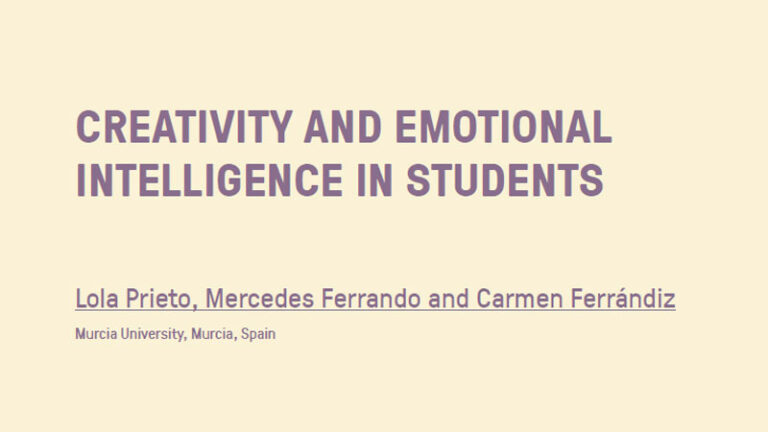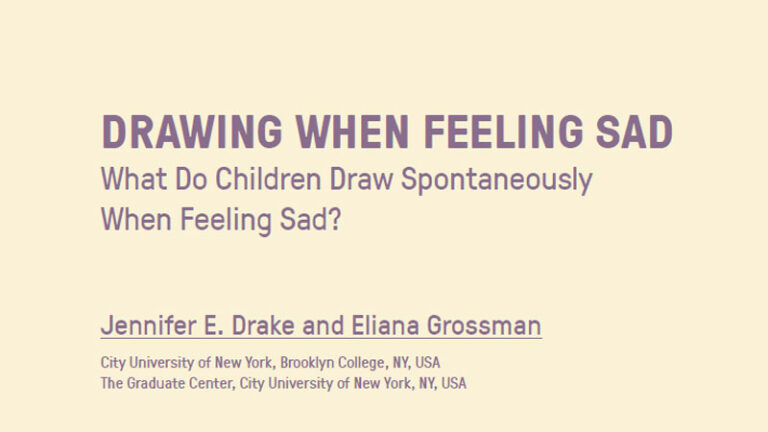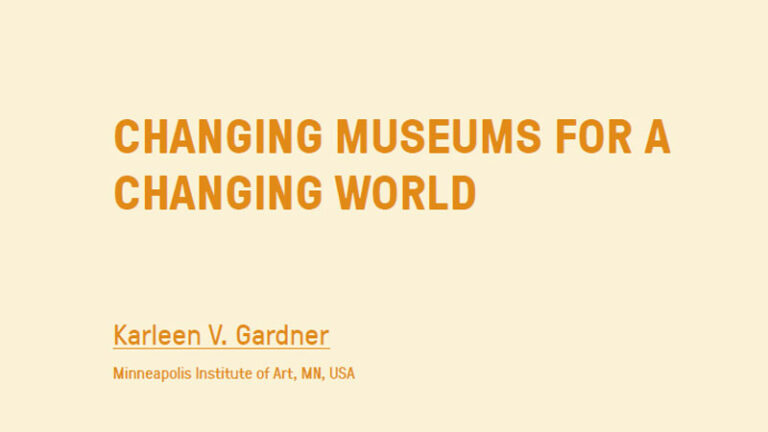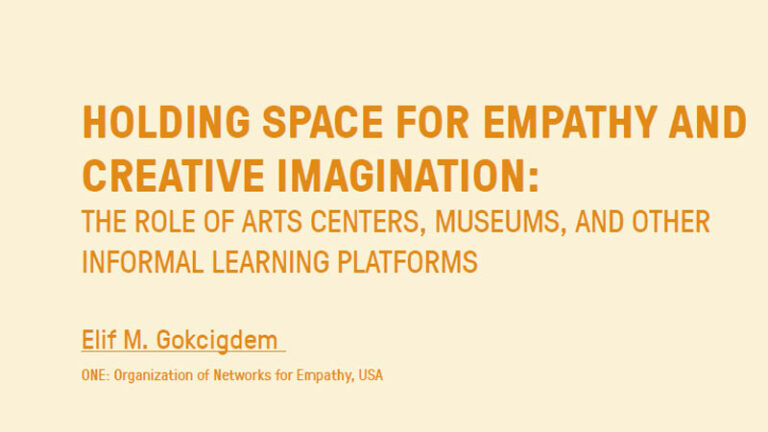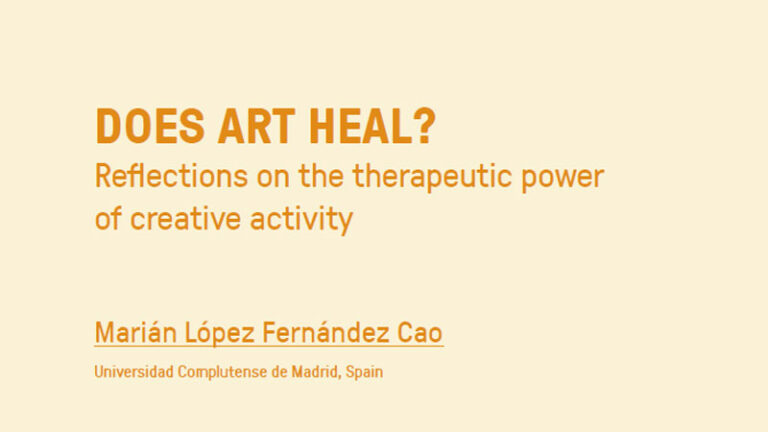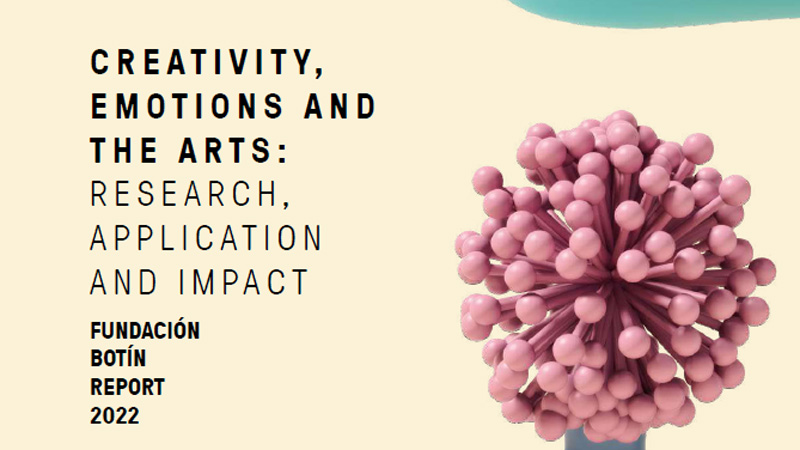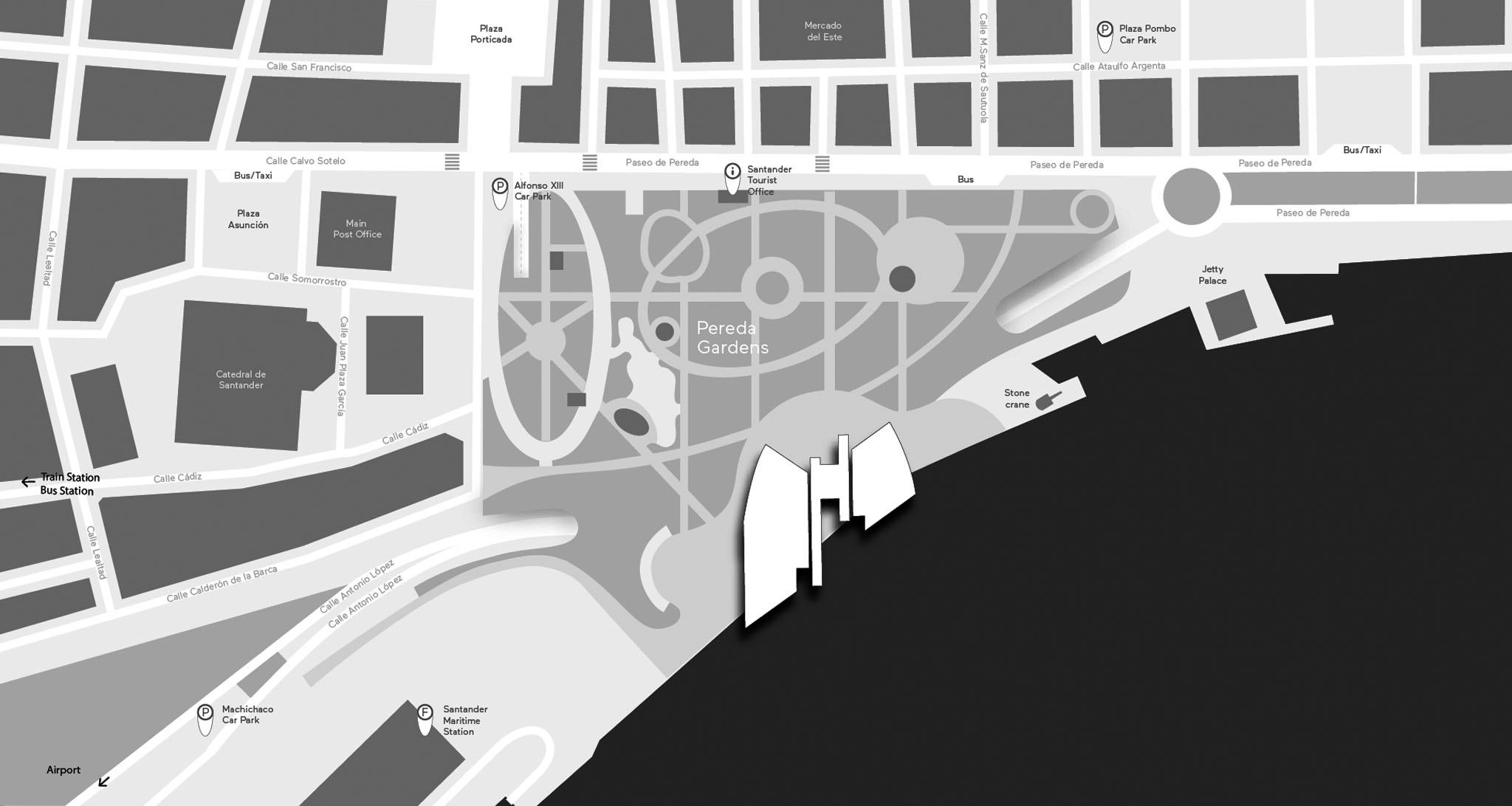Presentation
Fundación Botín has been investigating for the past 10 years the impact that arts and emotions have on the development of creativity, in collaboration with Yale University. What’s more, in the last 5 years, we have applied the knowledge generated to Centro Botín’s programme and, in collaboration with the IE Foundation, we have created indicators to measure this impact. This report summarises the outcome of all these years of work, offering the concrete results of Centro Botín together with other international experiences, also very significant, that have inspired us and illuminated our path.
Centro Botín is an international art centre with a social mission: to take advantage of the capacity of the arts to develop creativity and contribute to generating economic and social wealth. Because art generates physical, psychological and social well-being, stimulates our senses, helps us to get to know and understand one another better, develops imagination and empathy, social skills, encourages reflection and critical thinking… and much more besides.
At Centro Botín we have focused on the potential of the arts to make us more creative, because creativity, understood as the ability to overcome challenges and solve problems, is key to the evolution and development of society.
We can all be creative, but we need motivation and attitude to want to be so; the ability to look around us from a different perspective, to surprise ourselves, imagine, think and dare to do things in new ways. And in all this process there is a key ingredient that makes the difference: emotions. Different emotional states make us look at reality in different ways, and good management of emotions that appear in the creative process is key to doing this successfully. The arts excite us and art centres can teach us to exploit and manage those emotions to be more successful in our creative process, whatever it may be.
If you think that all this may make sense, continue reading, because in this report you will find the research, practical applications, impact and the international experts that have turned our initial hypothesis into a thesis, although there is still a long way to go (…)
